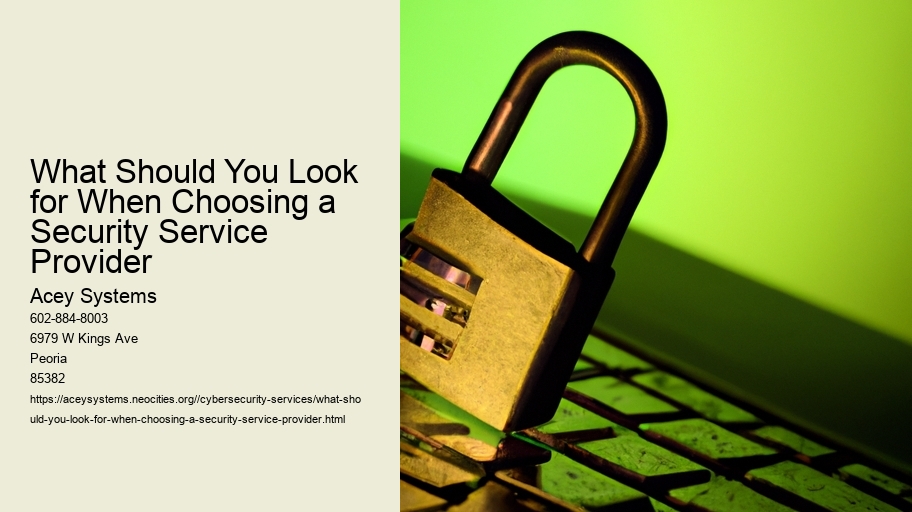

Cyber security is a very important issue nowadays! It's (important) for us to understand the 5 security services that are used in it. First, there's authentication, which ensures only authorised users have access to systems and data. Then, there's access control, which restricts what users can do once they're logged on. Thirdly, we have encryption, which scrambles data so it can't be read by unauthorised people. Fourthly, monitoring is deployed to detect any suspicious activities or intrusions into a network. Lastly, there's disaster recovery; this provides backup plans for organisations in case of an attack or outage.
Who needs cyber security services? No one can deny that in today's digital world, cyber security is increasingly becoming important. With the rise of technologies like cloud storage and social media, it's easy to see why! It has become even more imperative for businesses and organizations to invest in reliable cyber security solutions.
Cybersecurity as a service (CSaaS) is an emerging technology that offers businesses a way to protect their networks and data against cyber threats. It is basically a cloud-based service, which allows companies to outsource their security needs. With CSaaS, companies no longer have to manage their own in-house security programs; instead they can rely on the expertise of experienced professionals who specialize in cybersecurity.
One of the primary benefits of CSaaS is cost savings. By outsourcing security services, businesses can save money that would otherwise be spent on hiring expensive IT personnel to monitor and maintain their networks. Additionally, if any emergencies should arise, such as a data breach or malware attack, CSaaS providers are often able to respond immediately and mitigate potential damage. Another advantage is scalability; because the service is cloud-based it can easily expand or reduce depending on the needs of the business at any given time.
A cybersecurity service provider (SP) does a lot! They're responsible for keeping networks and data safe from malicious threats. SPs provide monitoring, detection, prevention and response services to keep your information secure. They use various security protocols to deter cyber attacks, such as antivirus software, firewalls and malware protection. Furthermore, they'll examine logs and activity for suspicious behavior or intrusions on the system.
Cyber security is an important area of concern for many organizations today! It involves the protection of networks, systems and data from unauthorized access, manipulation or destruction. There are six main areas of cyber security that organizations must consider when building a secure network: authentication, authorization, encryption, intrusion detection & prevention (IDP), firewalls and patch management.
Authentication is the process of verifying who someone is before granting them access to a system or network. This includes using multi-factor authentication such as passwords, biometrics (such as fingerprints) or token-based methods. Authorization refers to the ability to provide users with different levels of access within a system depending on their role or position in the company. Encryption allows for data to be securely transmitted between two points by scrambling it into an unreadable format that can only be deciphered by those who have the correct key.
Intrusion Detection & Prevention (IDP) systems monitor the network for suspicious activity and identify any malicious actors attempting to gain access to sensitive information. Firewalls act as gatekeepers between internal and external networks, preventing any unwanted traffic from entering your systems without permission. Finally, patch management involves regularly updating software programs on all devices connected to the network in order to fix any vulnerabilities that may exist in their code base.